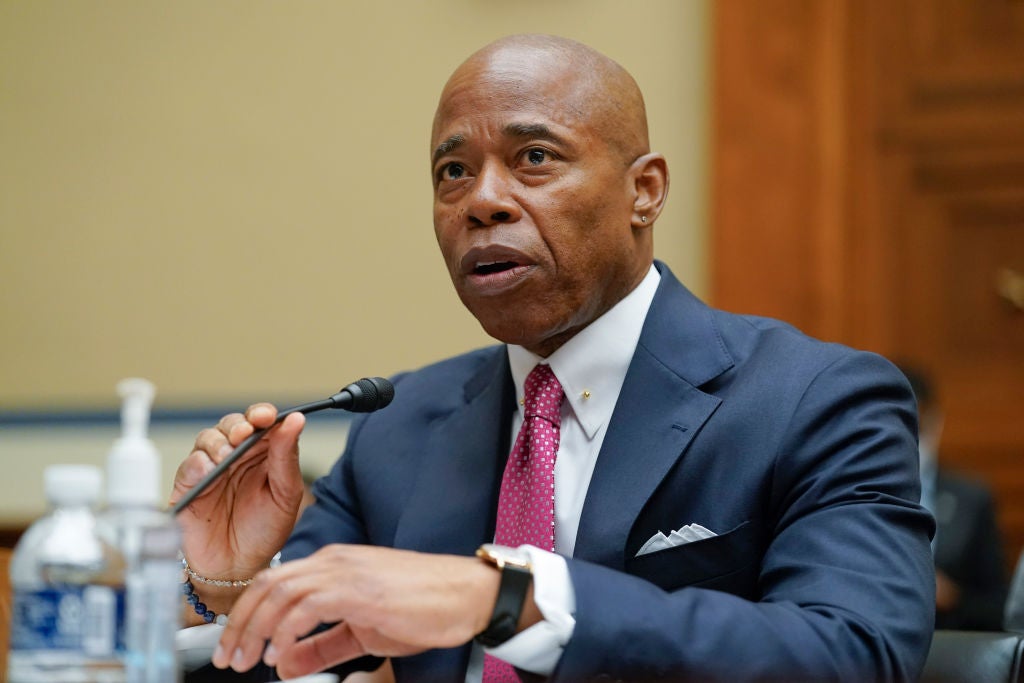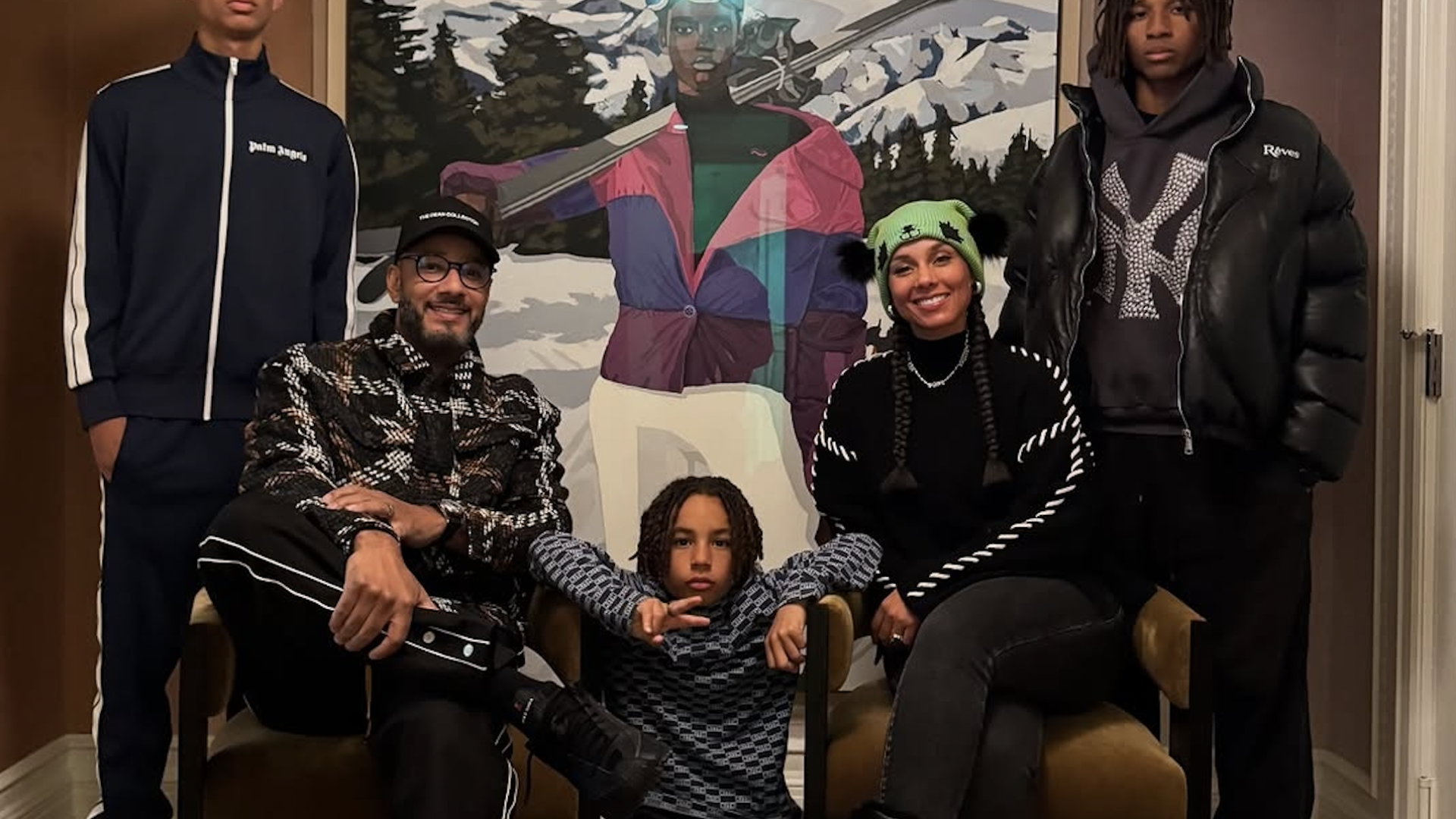
Last week the Pew Research Center reported that nearly a quarter of American adults had not read a book last year. Predictably, folks took to Twitter to share their thoughts in 140 characters on such an alarming statistic.
However, on closer inspection of the Pew report—in other words, to actually read it—there was another headline-worthy fact: Women read more books than men, and college educated Black women read more (print and e-readers) than all groups. The response to this revealing detail ran the gamut from proud validation of Black women’s intellectual curiosity to the vacuous.
As books editor for ESSENCE Magazine for a minute, the data didn’t come as a surprise. Black women have long held a passion for literature. Phyllis Wheatley, who came to the United States as a slave, published her first poem at 12, and Poems on Various Subjects, Religious and Moral, her first volume of poetry in 1773. Wheatley was the first African-American to publish a book in the United States and only the third woman. Free Black women created literary societies in the late 18th and early 19th centuries, reading Jane Austen and other popular novelists of the time. Then, as now, reading provided an escape into others’ lives and a route to empowerment for their own lives.
During the early days of ESSENCE in 1970 authors such as Gwendolyn Brooks, Maya Angelou, Nikki Giovanni, Toni Morrison, Toni Cade Bambara, Vertamae Grosvenor, Louise Meriweather, Paule Marshall and Alice Walker found a home, because readers clamored for their voices. Their work, in turn, influenced Terry McMillan, Bebe Moore Campbell, and many of you. Forty-four years later, your book clubs are delighting in the works of Edwidge Danticat, Deborah Johnson, Natalie Baszile, Helen Oyeyemi, Yvonne Adhiambo Owuor, Chimamanda Adichie, Elsie Augustave, Kimberla Lawson Roby, and many, many more.
Toni Morrison once said: “If there’s a book you really want to read, but it hasn’t been written yet, then you must write it.” Black women and male authors have done just that over generations, and in you they have always, always found a willing audience. A good thing.





